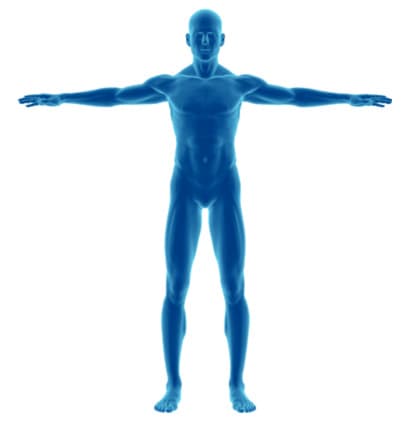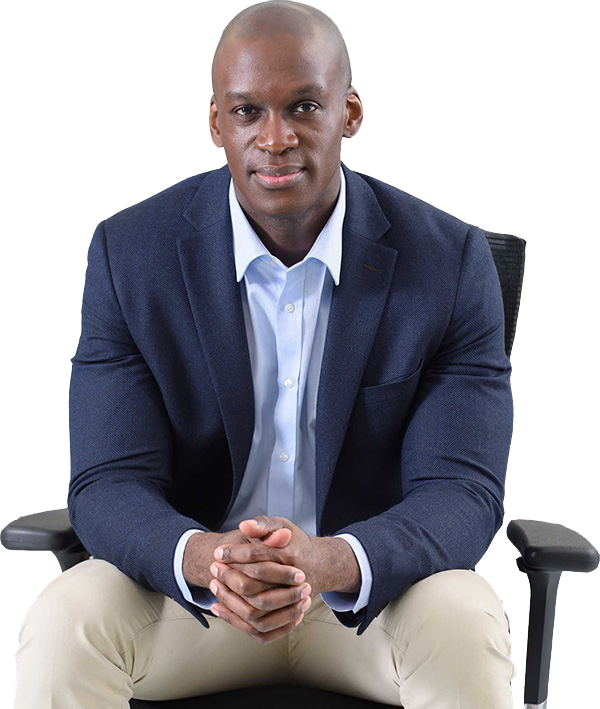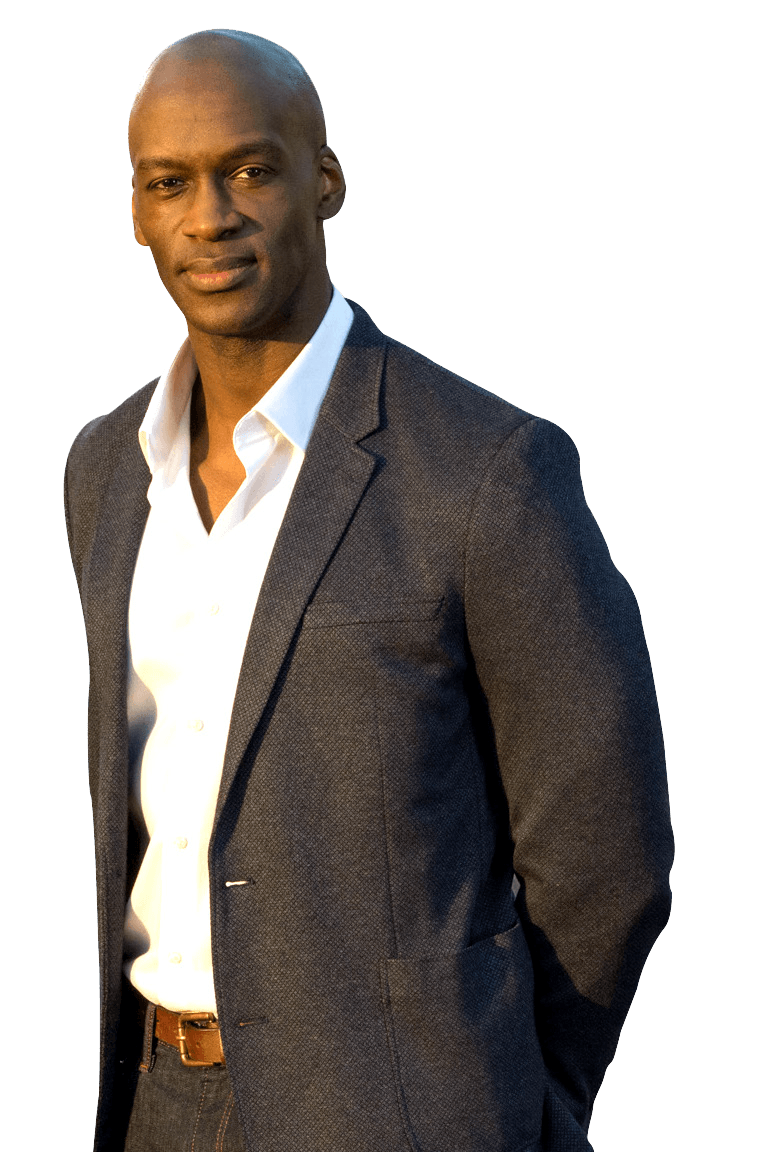Occupational Illness
- No Win No Fee, With No Hidden Extras
- Outstanding Results, 96.96% Success Rate*
- Highly Qualified Specialist Personal Injury Solicitors
- Friendly And Approachable
Personal injury solicitors
No win no fee, no hidden extras
As you may have been injured at work through coming into contact with material or from a result of working practises, you could be entitled to claim compensation. At Harris Fowler we specialise in getting you the compensation you deserve. This page will set out the elements of a claim we will need to prove and some hints and tips to help your claim go smoothly.
Occupational illness includes injuries such
- Repetitive strain injuries
- Noise induced hearing loss
- Respiratory disease such as Asthma
- White finger/hand-arm vibration syndrome
- Dermatological conditions such as Dermatitis
In order to make a claim for compensation following an accident at work you have to prove three things
- That your employer owed you a duty of care.
- That the other party fell below the standard of care expected of them
- That their failure to meet the standard of care caused you injury and/or loss
The First Part – Duty of care
For the most part this is the easiest part of a claim to establish as the courts have already established that employers owe their employees a duty of care, this duty has even been extended to outside workers such as sub-contractors and agency staff.
The Second Part – Breach of Duty
The second part of a claim is to show that the other party has failed to take such care as is reasonable in the circumstances either by doing something or failing to do something.
The courts when considering what should reasonably have been done they will first consider what an ordinary, skilful, employer should have done and then consider whether that standard has been met. When assessing what the ordinary employer should have done the courts will give mind to the numerous laws that relate to health and safety. However it is worth noting that only in a very select number of cases is there a right to bring a claim for breach of statutory duty. Instead the courts use the laws to infer what a reasonable employer should have done, although it is likely that where you can show an employer failed to comply with the law they will be held in breach of duty.
Breaches of duty in occupational illness cases are often established by showing that an employer has failed to provide satisfactory equipment or personal protective equipment or has failed to suitably reduce the risks that a certain method of work poses.
The breach of duty can be something as straightforward as failing to provide ear protection to employees working in loud environments such as when using a heavy machinery to something less foreseeable to cause harm such as exposure to flour in a bakery which can lead to Asthma.
The question of knowledge particularly with substances or techniques that were previously believed to be safe will be important as the courts will only hold your employer liable for injuries occurring after the defendant should reasonably have foreseen the risk to the claimant. In cases of White finger/hand-arm vibration syndrome this will be important as the date of knowledge may limit the claim if you had worked with pneumatic equipment in or before the 1980’s.
The complexity of Occupational illness claims mean it is important to seek the advice of a specialist personal injury lawyer who will be better able to advise you on the facts of your case.
Your solicitor will assess your case and will advise you on the prospects of success; they will help you identify who the responsible party is in the case of contractors, sub-contractors and agency staff.
The Third Part – That the breach caused loss
The third and final part of bringing a claim is demonstrating that the employer’s breach of duty is responsible for causing the injury and losses being claimed, whether this is personal injury or other financial losses such as loss of earnings.
Personal injury
With injury in such cases the third element is often difficult to prove as the injuries suffered can often have numerous causes. A good example is that of hearing loss, it can be caused by continued exposure to loud noises, but also due to the aging process or other genetic processes.
Because of the complexities in these types of cases the court relies upon the opinion of independent medical experts as to what caused the injuries and how long they are likely to last.
If you have been injured in an accident it is important to seek medical advice as soon as possible to ensure you are getting the appropriate treatment for your injuries. In addition, as the medical expert will likely have sight of your records of attendance they will act as evidence as to the nature and extent of your symptoms and will help support your claim.
Because the court will rely upon the opinion of the medical expert it is important that the expert is aware of any previous health issues or accidents. In addition, as the expert will need to comment on whether any financial losses such as treatment received or time off work is due to the accident, it is important that you also discuss these with the medical expert.
Other losses
Once the medical expert has provided their opinion as to whether the loss (time off work/treatment etc.) is as a result of the accident we will then need to collect evidence to calculate what each head of loss may be and your highly qualified and experienced lawyer will advise what is needed in respect of each head of loss you are looking to claim.
“Harris Fowler are the only ones I would trust. They make everything clear, easy and always deliver total honesty – Thank you to all who worked on my claim.”
Mrs Wendy Filkins

Richard Cope
Associate Directors
What do I do next?
To find out how much your claim could be worth, take a look at our Compensation Calculator
To find out if you have a claim call us on Freephone
0800 213 214, or fill out the claim form.










